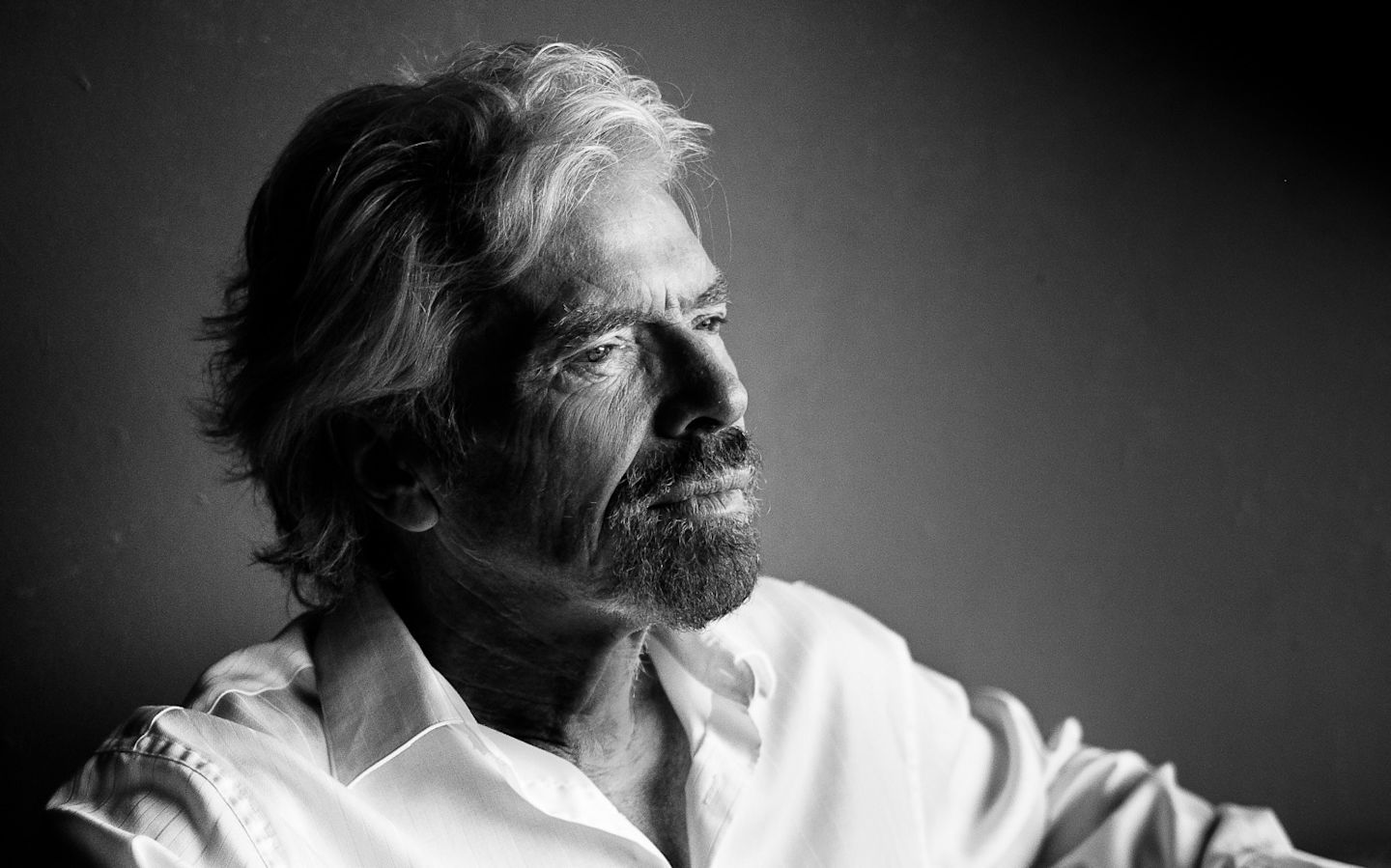My response to Singapore‘s Home Affairs Minister on the death penalty
Below is my response to an open letter I received from Singapore‘s Home Affairs Ministry on 22 October, reacting to my previous statements on the death penalty in Singapore.
Dear Minister Shanmugam,
I thank you and the Ministry for Home Affairs for contacting me last week. I have enormous respect for Singapore and Singaporeans and for everything your country has achieved over the last decades.
It is because of this respect that I feel compelled to speak out when I see things go as horribly wrong as Singapore’s use of the death penalty. And I am not a lone voice raising this. There are many Singaporeans, including lawyers, human rights defenders, civil society organisations, and others, who have consistently expressed the same concerns.
Allow me to share a personal story. When I was young man, my father told me about my grandfather, who was a barrister and then a High Court Judge in the UK over a century ago. According to my father, my grandfather’s greatest regret in life was donning the black cap and sentencing people to death. Nearing the end of his life, he said if there was one thing he could undo, it would have been this. And he told my father he not only disagreed with the principle of the state killing people. He was also genuinely concerned that in the process, innocent people had been and would be executed. History has proven him right, time and again.
Sadly, my grandfather didn’t live to see the day the death penalty was abolished in the UK in 1969. If he had, he would have been overjoyed and pleased to know that abolition had no impact on crime rates in the UK one way or the other. In fact, there is no evidence that the death penalty reduces crime anywhere, not even in Singapore.
Abolition in the UK was soon followed by abolition of the death penalty in nearly all European countries – and now increasingly around the world.
Singapore remains among a very small group of countries, like Iran, Saudi Arabia, North Korea, China, and parts of the US, which continue to apply the death penalty at scale, and an even smaller group that imposes the death penalty for drug offences – against the expressed position of the UN. As I’ve said many times before, it’s a disproportionate and ineffective response to the world’s drug problems.
As you may know, I am part of the Global Commission on Drug Policy, a group of global leaders advocating for lasting reform, including many respected former heads of state and government. We have studied the failed war on drugs for the last 15 years, and with one voice, we urge governments to treat drug use as a health issue, and to stop the needless and ineffective criminalisation of people. The members of the Commission travel the world to engage governments and other stakeholders in constructive dialogue, and I think you should welcome this form of dialogue.
Which brings me to your invitation to come to Singapore for a live television debate with you on the death penalty. I have decided to decline this invitation. Here is why: a television debate - limited in time and scope, always at risk of prioritising personalities over issues - cannot do the complexity of the death penalty any service. It reduces nuanced discourse to soundbites, turns serious debate into spectacle. I can’t imagine that is what you are looking for. What Singapore really needs is a constructive, lasting dialogue involving multiple stakeholders, and a true commitment to transparency and evidence.
The other reason is that this conversation needs local voices. I am a global advocate for abolition of the death penalty, and I will continue to raise the issue wherever I can, as I have for many years. But in this advocacy, we stand on the shoulders of giants. In Singapore’s case, we have been inspired by several people and organisations - advocates, lawyers, journalists - with experience, knowledge and data. The brave thing for you would be to actively engage those Singaporean stakeholders, from Transformative Justice Collective to Mr M Ravi, Nagaenthran Dharmalingam’s courageous lawyer, and regional voices, such as the Anti-Death Penalty Asia Network, and treat them as equals who are just as interested in Singapore’s progress as I’m sure you are. They deserve to be listened to, not ignored, or worse yet, harassed.
And abolition is not, as some argue, a Western concept imposed on the rest of the world. This is about universal human rights and humanity’s shared aspiration to advance equality, justice, dignity, and freedom everywhere, for everyone.
If Singapore abolishes the death penalty, I’d be absolutely delighted and will celebrate with you. I hope you, like my grandfather, will eventually realise that it’s an inhumane, brutal practice that does not save lives - and casts a dark shadow on Singapore’s reputation in the world. There is no evidence to support its continued existence. Just ask those in Singapore who know.
Sincerely,
Richard Branson





